Shoppers bombarded by discounts after franc shock
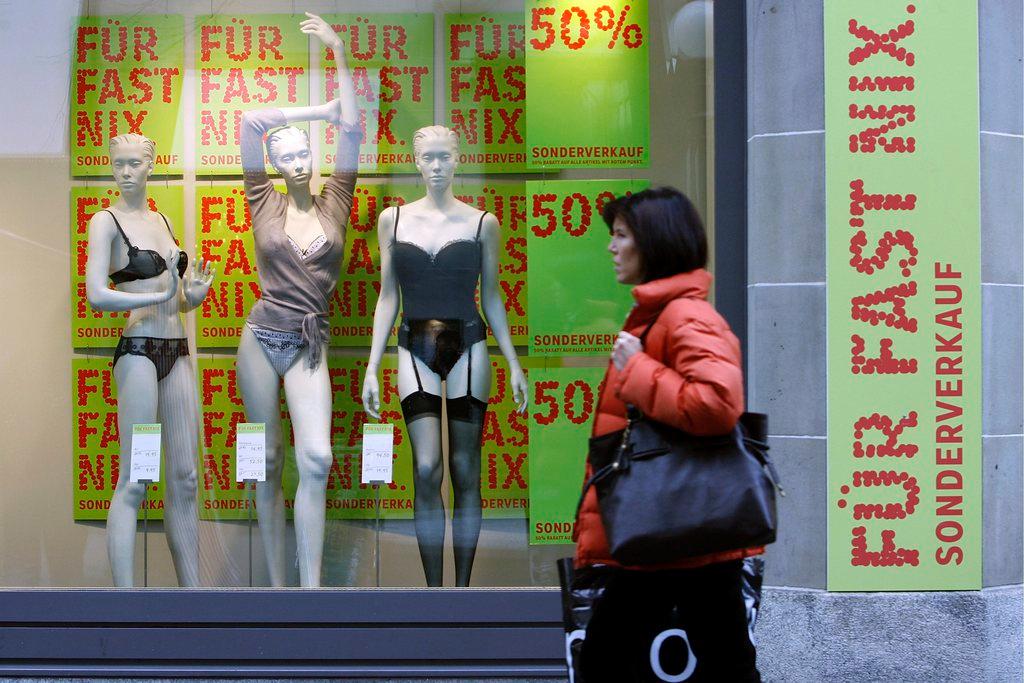
Retailers are rushing to offer bargains to Swiss shoppers after a shock surge in the franc, taking advantage of lower import costs but also fearful of losing custom to cheaper rivals over the border in France and Germany.
Until last Thursday, the Swiss National Bank (SNB) had capped the value of the franc at 1.20 per euro. The surprise decision to remove that limit has left the currencies virtually at parity, with one euro buying 1.01 francs on Tuesday.
The rise in the franc is expected to have a painful impact on Swiss exports and tourism, but it is a boon for Swiss residents buying imported goods or tempted to shop over the border in eurozone countries – Germany, France, Austria and Italy – and Swiss retailers are scrambling for their customers.
Chic clothing store Grieder in Zurich, near the headquarters of banks Credit Suisse and UBS, has knocked a fifth off its prices. Watchmaker Roger Dubuis is lowering prices by up to 6% while rival Audemars Piguet may follow.
A new Mercedes has now been discounted by 18% in Switzerland. Rival Audi is also considering an “adjustment” for its Swiss customers.
Swiss media say furniture stores, travel agents, supermarkets and petrol stations have all cut prices too.
Burgernomics
But rather than expecting a sales boom, many retailers may simply be worried about Switzerland haemorrhaging retail demand to the eurozone, where prices have long been cheaper – and just got cheaper still.
Even at 1.20, the franc was highly valued compared with before the 2008 economic crisis, when one euro would buy around 1.55 francs.
A survey by Deloitte found about 80% of chief financial officers regarded a rate around parity as a disadvantage for their firm, while 1.20 was neutral and 1.30 would help them.
At IKEA in Switzerland, a Frostig refrigerator costs CHF1,299. The same model costs €599 across the border in Germany or France.
McDonald’s Big Mac costs CHF6.50 in Switzerland, roughly 50% more than in France. For residents of Geneva or Basel, it is little more than a drive across town to take advantage of such discounts.
“Companies are barely out of crisis mode, yet now they will need to focus on coming to terms with the appreciation of the franc,” said Michael Grampp, chief economist at Deloitte in Switzerland.

In compliance with the JTI standards
More: SWI swissinfo.ch certified by the Journalism Trust Initiative
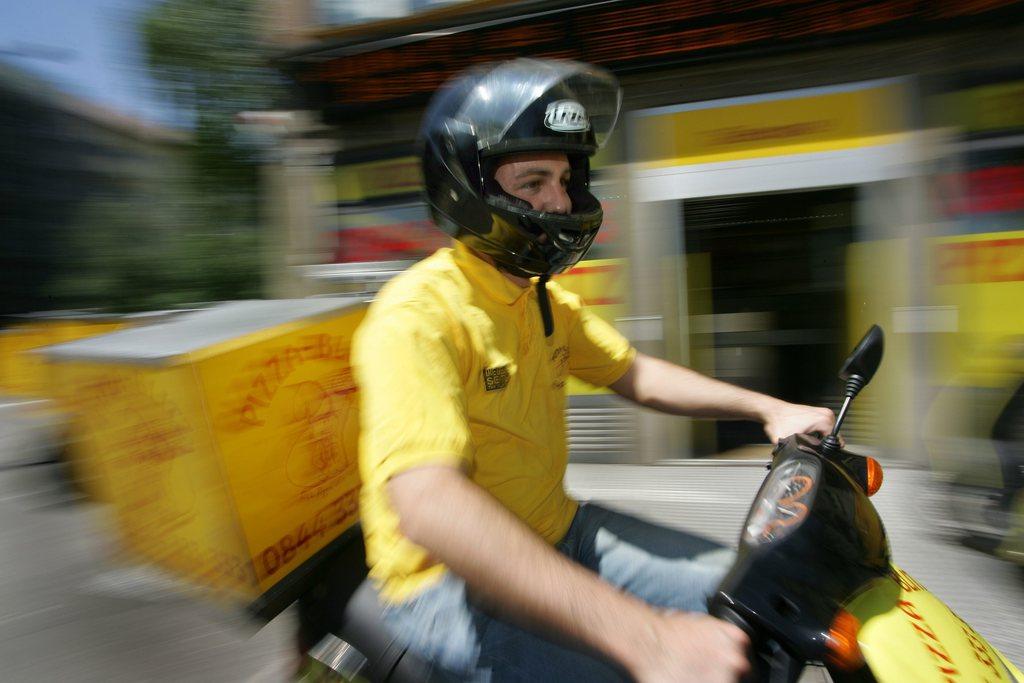
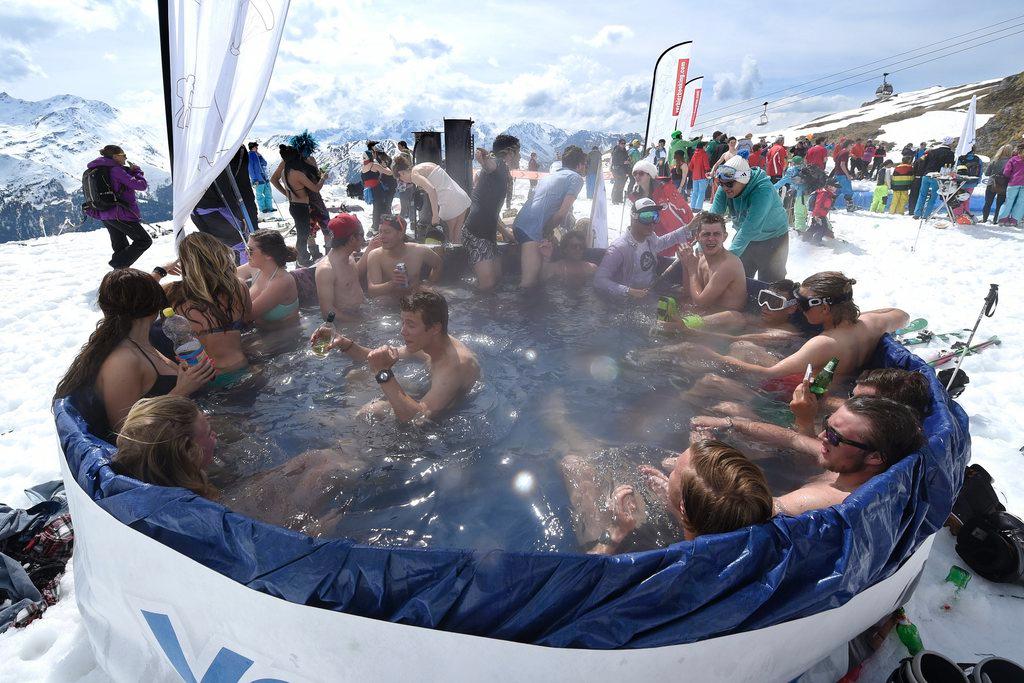
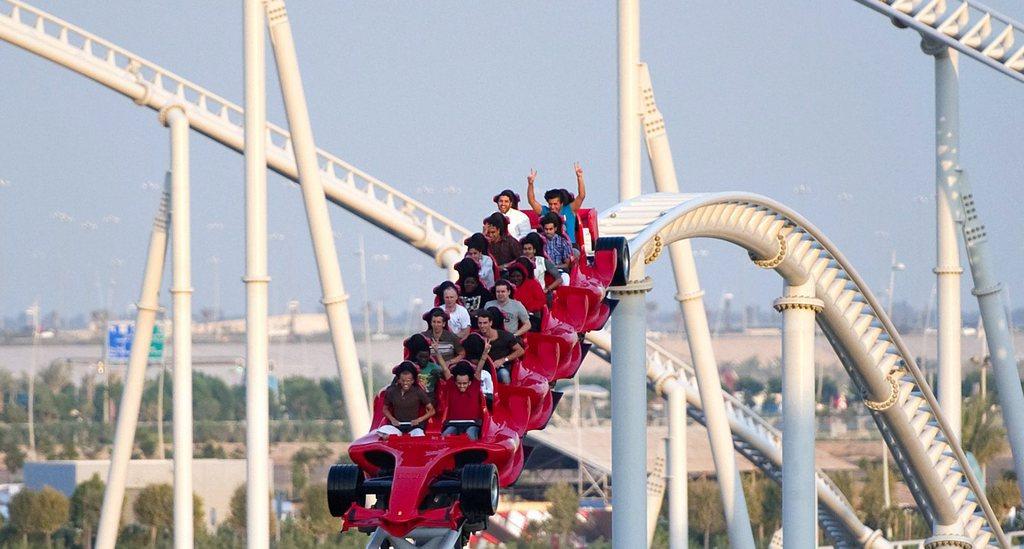
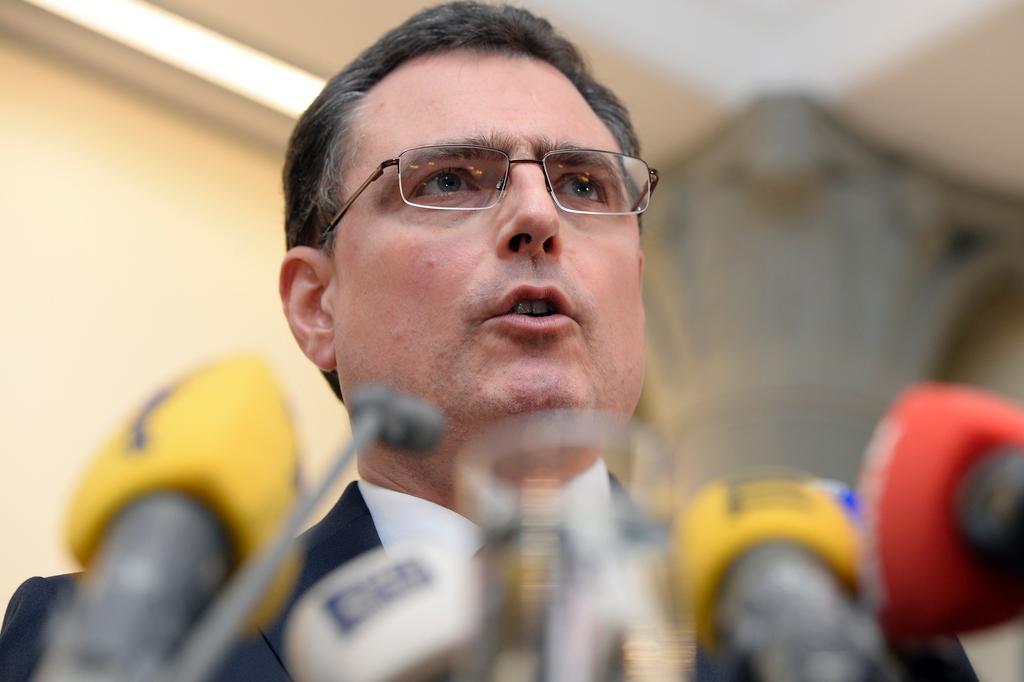
You can find an overview of ongoing debates with our journalists here. Please join us!
If you want to start a conversation about a topic raised in this article or want to report factual errors, email us at english@swissinfo.ch.